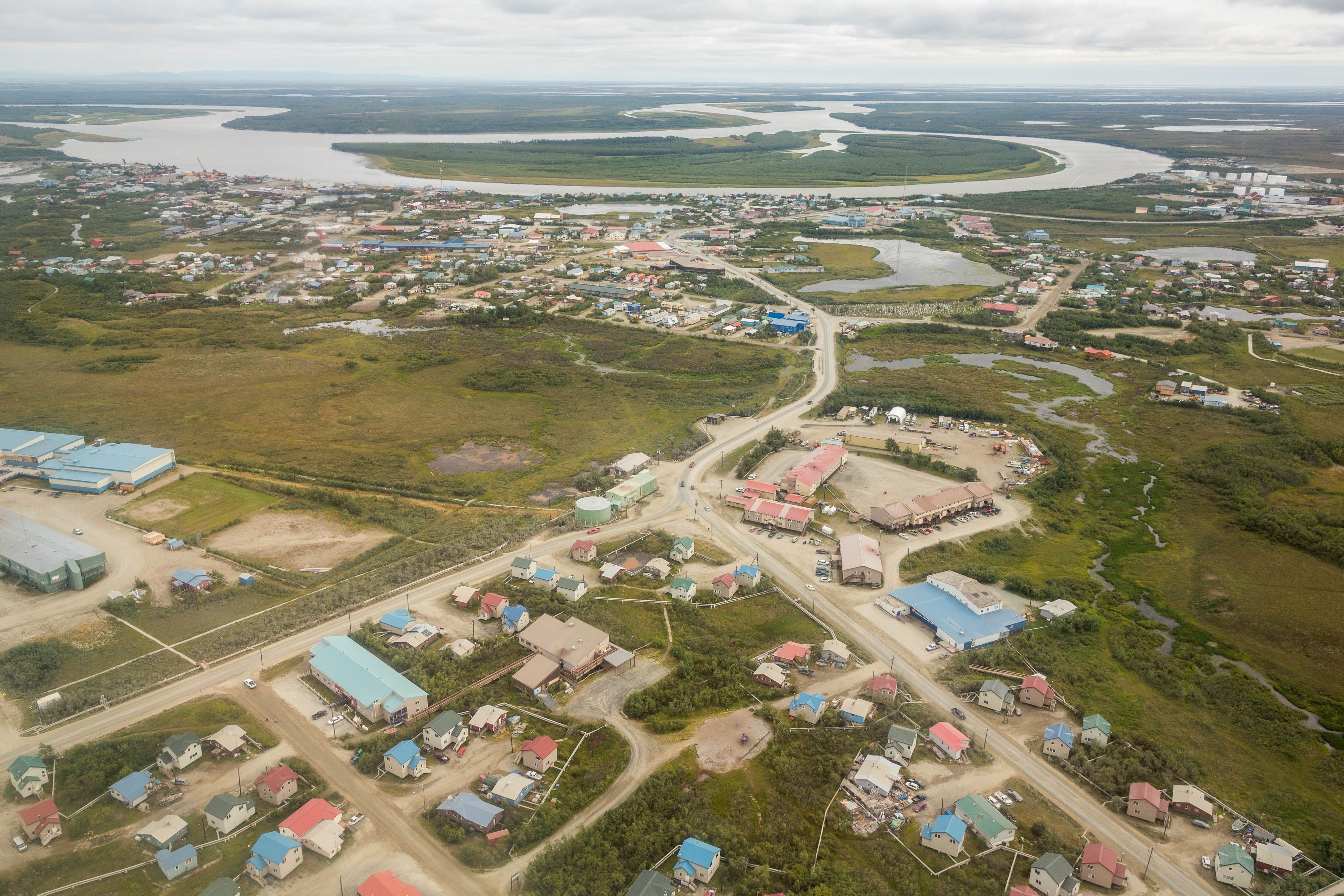Global goose audit and fish camp are on the agenda, as Arctic Council group meets in Alaska’s Y-K Delta

BETHEL — They’ll come to this Southwestern Alaska hub from countries around the Arctic to share what they know — and want to learn — about the wildlife, landscapes and people of the North.
A subgroup of the Arctic Council — an international forum for eight Arctic nations, indigenous peoples and other countries — is converging in Bethel on Sept. 6-7 to discuss a range of issues, including protection of migratory birds, prevention of invasive species and environmental changes.
The working group, called Conservation of Arctic Flora and Fauna, will meet in closed session, as provided for under its rules. Some community leaders from the Yukon-Kuskokwim Delta are invited to take part.
The group’s chairmanship rotates and this year was picked up by the United States. The person filling that job is an Alaskan, Cynthia Jacobson. She is based in Anchorage with the U.S. Fish and Wildlife Service.

“We are meeting there because we really appreciate the diversity of culture, fish and wildlife, natural resources,” Jacobson said. It’s the first Arctic Council-related meeting in the Yukon-Kuskokwim Delta, she said.
The Association of World Reindeer Herders of Norway is sending someone, she said. So is the National Institute of Polar Research in Japan, the Swedish Species Information Centre, and Global Affairs Canada, its foreign ministry. National Geographic, the North Atlantic Marine Mammal Commission and various federal agencies also are on the list, Jacobson said.
Officials from all Arctic Council nations — the United States, Norway, Sweden, Finland, Denmark, Iceland, Russia and Canada — are expected, organizers said. Representatives of several indigenous groups also are coming.
The group will take a field trip on the Kuskokwim River to a fish camp. They’ll be entertained by Yup’ik dancers. And they’ll discuss the land, the animals and the plants of the Arctic.
The sessions are closed to the public so that everyone present can feel comfortable speaking frankly, and to ease the way to consensus, said Gilbert Castellanos, who heads the working group’s U.S. delegation.
The group’s support can help advance international projects and research, he said.
A priority is “youth engagement,” Castellanos said. An international youth exchange program is already underway, with some young people headed to Iceland this year, he said.
In Bethel, the working group will consider whether to sign off on the results of a global audit of goose populations and trends, said Castellanos, who also is an Anchorage-based international affairs specialist with the Fish and Wildlife Service. Countries don’t always agree on basics, such as whether a particular bird is its own species or part of another, so a report like that can be helpful for establishing common ground, he said.
Once the working group approves of a document or program, it goes to the higher-level Arctic Council, which is now chaired by Finland. Secretary of State Rex Tillerson officially represents the United States on it.
The working group stretches back more than 20 years, Castellanos said, examining the northern world under the framework of three questions: What do we know? What don’t we know? What do we need to know?
Its work can help decision makers, land managers and people who live in the Arctic, he said.